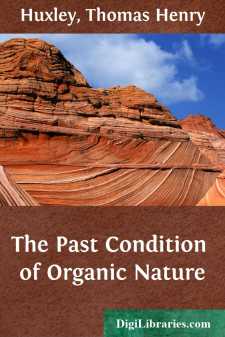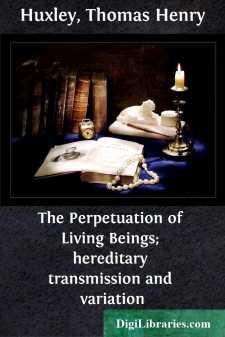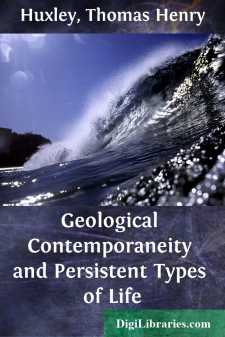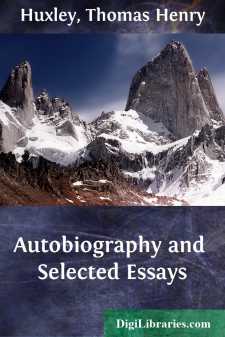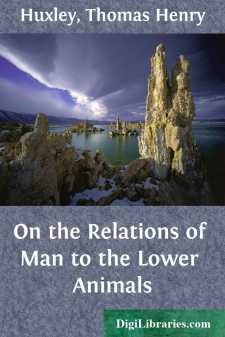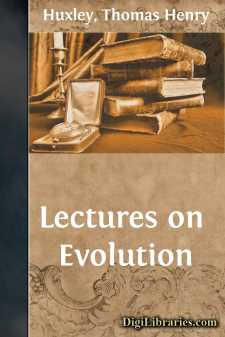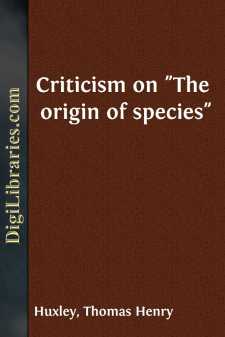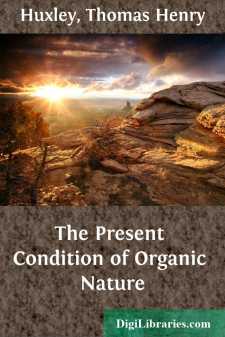Categories
- Antiques & Collectibles 13
- Architecture 36
- Art 48
- Bibles 22
- Biography & Autobiography 813
- Body, Mind & Spirit 142
- Business & Economics 28
- Children's Books 17
- Children's Fiction 14
- Computers 4
- Cooking 94
- Crafts & Hobbies 4
- Drama 346
- Education 46
- Family & Relationships 57
- Fiction 11829
- Games 19
- Gardening 17
- Health & Fitness 34
- History 1377
- House & Home 1
- Humor 147
- Juvenile Fiction 1873
- Juvenile Nonfiction 202
- Language Arts & Disciplines 88
- Law 16
- Literary Collections 686
- Literary Criticism 179
- Mathematics 13
- Medical 41
- Music 40
- Nature 179
- Non-Classifiable 1768
- Performing Arts 7
- Periodicals 1453
- Philosophy 64
- Photography 2
- Poetry 896
- Political Science 203
- Psychology 42
- Reference 154
- Religion 513
- Science 126
- Self-Help 84
- Social Science 81
- Sports & Recreation 34
- Study Aids 3
- Technology & Engineering 59
- Transportation 23
- Travel 463
- True Crime 29
Sort by:
I. ADMINISTRATIVE NIHILISM. (AN ADDRESS TO THE MEMBERS OF THE MIDLAND INSTITUTE, OCTOBER 9TH, 1871.) To me, and, as I trust, to the great majority of those whom I address, the great attempt to educate the people of England which has just been set afoot, is one of the most satisfactory and hopeful events in our modern history. But it is impossible, even if it were desirable, to shut our eyes to the...
more...
IN the lecture which I delivered last Monday evening, I endeavoured to sketch in a very brief manner, but as well as the time at my disposal would permit, the present condition of organic nature, meaning by that large title simply an indication of the great, broad, and general principles which are to be discovered by those who look attentively at the phenomena of organic nature as at present displayed....
more...
The inquiry which we undertook, at our last meeting, into the state of our knowledge of the causes of the phenomena of organic nature,—of the past and of the present,—resolved itself into two subsidiary inquiries: the first was, whether we know anything, either historically or experimentally, of the mode of origin of living beings; the second subsidiary inquiry was, whether, granting the origin, we...
more...
MERCHANTS occasionally go through a wholesome, though troublesome and not always satisfactory, process which they term "taking stock." After all the excitement of speculation, the pleasure of gain, and the pain of loss, the trader makes up his mind to face facts and to learn the exact quantity and quality of his solid and reliable possessions. The man of science does well sometimes to imitate...
more...
I — THE LIFE OF HUXLEY Of Huxley's life and of the forces which moulded his thought, the Autobiography gives some account; but many facts which are significant are slighted, and necessarily the later events of his life are omitted. To supplement the story as given by him is the purpose of this sketch. The facts for this account are gathered entirely from the Life and Letters of Thomas Henry...
more...
THE question of questions for mankind—the problem which underlies all others, and is more deeply interesting than any other—is the ascertainment of the place which Man occupies in nature and of his relations to the universe of things. Whence our race has come; what are the limits of our power over nature, and of nature's power over us; to what goal we are tending; are the problems which...
more...
I. THE THREE HYPOTHESES RESPECTING THE HISTORY OF NATURE We live in and form part of a system of things of immense diversity and perplexity, which we call Nature; and it is a matter of the deepest interest to all of us that we should form just conceptions of the constitution of that system and of its past history. With relation to this universe, man is, in extent, little more than a mathematical point;...
more...
In the course of the present year several foreign commentaries upon Mr. Darwin's great work have made their appearance. Those who have perused that remarkable chapter of the 'Antiquity of Man,' in which Sir Charles Lyell draws a parallel between the development of species and that of languages, will be glad to hear that one of the most eminent philologers of Germany, Professor...
more...
I DESIRE this evening to give you some account of the life and labours of a very noble Englishman—William Harvey. William Harvey was born in the year 1578, and as he lived until the year 1657, he very nearly attained the age of 80. He was the son of a small landowner in Kent, who was sufficiently wealthy to send this, his eldest son, to the University of Cambridge; while he embarked the others in...
more...
THE PRESENT CONDITION OF ORGANIC NATURE. When it was my duty to consider what subject I would select for the six lectures [*To Working Men, at the Museum of Practical Geology, 1863.] which I shall now have the pleasure of delivering to you, it occurred to me that I could not do better than endeavour to put before you in a true light, or in what I might perhaps with more modesty call, that which I...
more...



